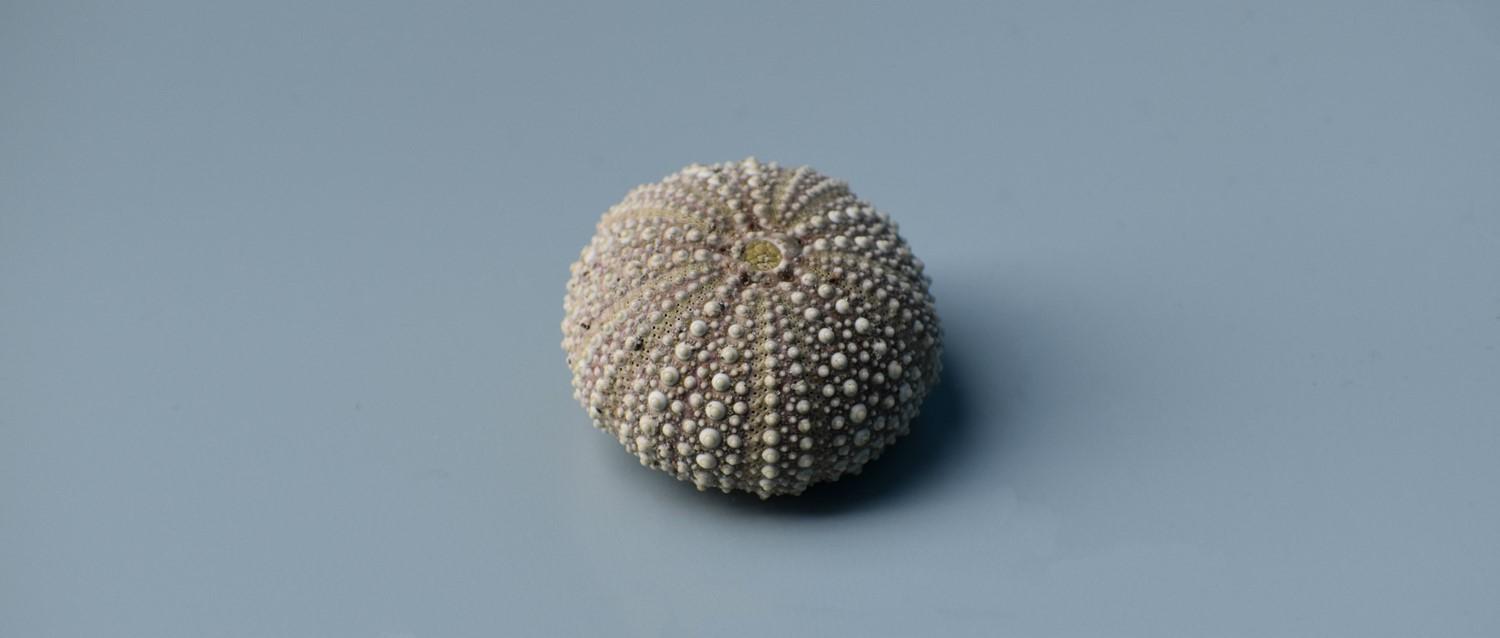
The best way to treat a herpes outbreak
Peer reviewed by Dr Sarah Jarvis MBE, FRCGPLast updated by Dr Laurence KnottLast updated 17 Sept 2018
Meets Patient’s editorial guidelines
- DownloadDownload
- Share
- Language
- Discussion
A forum user posted that she had caught genital herpes from her new partner. She asked for advice about treating an outbreak and wanted to know if there was anything that would help to ease the pain of the sores she was getting on her genital area.
In this article:
Video picks for Sexually transmitted infections
What happens during an outbreak?
Genital herpes is an infection caused by the herpes simplex virus. You catch it by having intimate (usually sexual) contact with someone who has the virus.
In between episodes, most people don't know they have been infected by it. The virus remains in your nervous system and can be reactivated from time to time to give you symptoms. Outbreaks can occur in the genital area if the first (primary) infection was in the genitals. They cause crops of small painful blisters in the genital area and back passage (anus). Herpes can also cause recurrent cold sores if the primary infection was around the mouth.
No one knows why outbreaks occur, although sunlight, physical illness, excess alcohol, and stress are all thought to be trigger factors. They often do become less frequent over time.
Recurrent episodes of genital herpes generally don't last as long as the first outbreak. They are sometimes preceded by itching or tingling in the genital area. Recurrent outbreaks usually last about 7-10 days, shorter than the primary infection which can last up to two weeks. They are also often milder than a primary infection but as the original poster found, the shallow ulcers left when the blisters break can still be quite painful.
Do natural remedies help?
Back to contentsThere are several options that can be tried to ease the pain. Patient 1 and Patient 2 suggest dabbing cornstarch directly on the sores. I can't find any scientific studies that have researched this, but I can't see that it would do any harm.
Patient 3 also recommends squirting water from a bottle over the sores when you pee. This is a time-honoured method that will help to ease the pain.
Patient 4 mentioned taking a simple painkiller such as paracetamol during an outbreak. Patient 5 advised putting Vaseline on the sores. Lidocaine 5%, a local anaesthetic gel that numbs the area, is another option. Some people find it helpful to put on five minutes before passing urine. You need to get it on prescription and it doesn't suit everyone. Some people develop sensitivity to it which makes the symptoms worse.
Patient 4 also advised using ice as a home remedy. Simply wrap the ice in a tea towel and apply for 5-10 minutes. Never put ice directly on the skin as this can cause 'ice burn'. Drinking plenty of water can also be helpful as it reduces the concentration of urine, making it less painful when you have to pee.
Patient 5 mentioned putting aloe vera gel on the sores. There is some scientific evidence that aloe vera is useful for both genital and oral herpes.
Continue reading below
Antivirals
Back to contentsInevitably, the subject of antiviral medicines came up. Patient 2 took one daily for many years until she ran out, then decided to see how she got on without it. All the posters commenting on antivirals mentioned Valtrex (valaciclovir) There are two other antivirals licensed for the treatment of genital herpes in the UK - aciclovir and famciclovir.
The fact is that antivirals have a limited role in the treatment of recurrences. They are useful during a first episode of genital herpes and for people who get severe repeated attacks, but many people who have occasional mild episodes don't find they make much difference. Like Patient 2, some people are prescribed an antiviral for regular daily use to prevent frequent attacks. There is also good evidence that they reduce the risk of passing on the virus.
Other good tips are to avoid scented soap or bubble bath and clean the sores just with cotton wool and plain or salt water. Also, when you do start having sex again, make sure you use a lubricant, as friction can start another attack.
How to cope after diagnosis
Back to contentsMany posters were occupied with the issue of passing on the infection. Patient 4 points out that you can minimise the risk of transmission by postponing sex until all the sores have healed. She also mentioned that condoms should be used. They won't completely prevent transmission (because the virus can be passed anywhere where there is contact with the sores) but they will help.
Ending on a positive note, many posters emphasised that there was light at the end of the tunnel. Learning of the diagnosis may feel stressful at first, but it's a manageable condition and certainly nothing to be ashamed of. Patient 6 has had genital herpes for 25 years. She's been married for 18 years and has two sons - living proof that there is life after herpes.
Patient picks for Sexually transmitted infections

Sexual health
What you need to know about HPV
In 2008 the NHS introduced free vaccines against the human papillomavirus (HPV) for girls over the age of 12 years. Ten years on, it was announced in July that this vaccination programme will be extended to cover boys. But what exactly is HPV, who is it most likely to affect, and why is it a threat to public health?
by Sarah Graham

Sexual health
How to cope with a genital herpes diagnosis
Misconceptions about genital herpes increase the stigma around this common sexual health issue and can make it difficult to navigate, particularly following a first outbreak and initial diagnosis. We dispel the myths and look at how to manage the condition effectively.
by Sally Turner
Continue reading below
Article history
The information on this page is peer reviewed by qualified clinicians.
17 Sept 2018 | Latest version

Ask, share, connect.
Browse discussions, ask questions, and share experiences across hundreds of health topics.

Feeling unwell?
Assess your symptoms online for free
Sign up to the Patient newsletter
Your weekly dose of clear, trustworthy health advice - written to help you feel informed, confident and in control.
By subscribing you accept our Privacy Policy. You can unsubscribe at any time. We never sell your data.